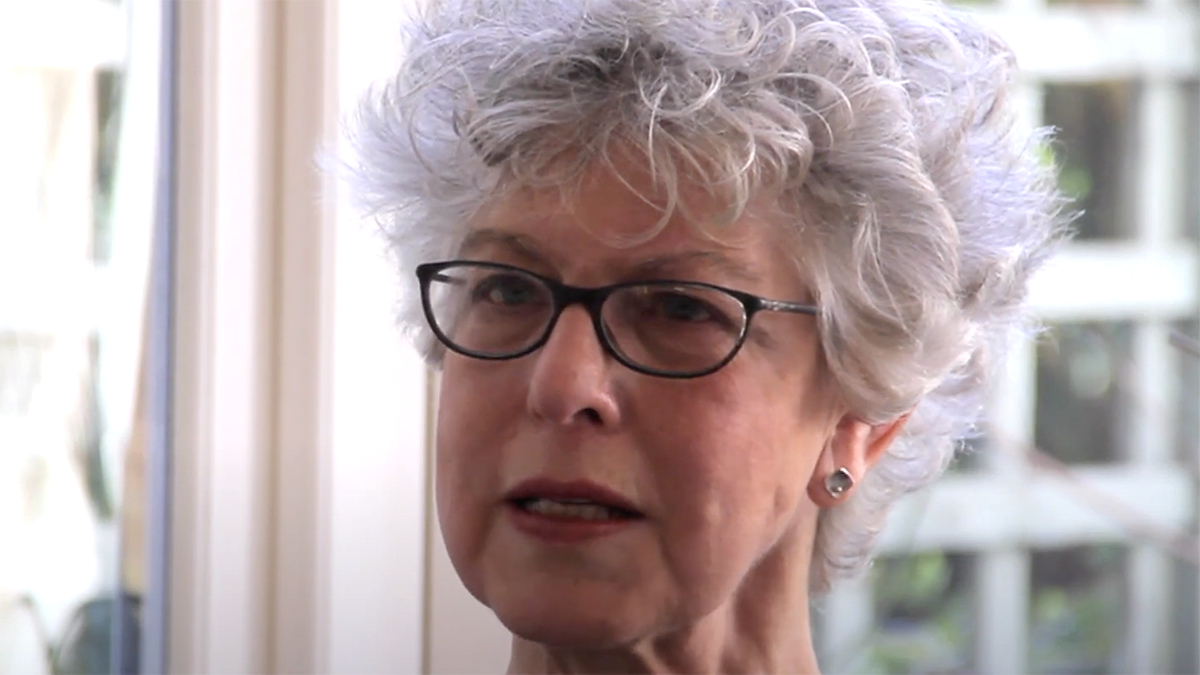The challenge of coaching
Alison’s supervision clients talk on camera about the challenges and opportunities they face in their coaching practice. What is their experience of coaching individuals and groups, and why is supervision important in helping coaches in their practice? Says Lindsay Wittenberg:
‘I’m not interested in telling people what to do, but I’m very interested in behaving as a catalyst. They achieve their own insights which fundamentally change how they approach their work, their role as a leader, and their lives.’

‘My experience has been that none of this happens quickly, and none of it happens because of some clever technique. How it really happens is by being in a truthful, compassionate relationship with somebody who cares about it over long enough.’
Justin Wise
‘You really get to know people, and over time you not only hear them talk about change, but you see that they are different – the way they describe things, and how they are about themselves. I enjoy being part of that and I think you really get to know people at a different level.’
Gill Graves
‘My supervision helps me to feel safe ethically, to check whether I’m behaving ethically. It helps me to broaden my repertoire, to gain and hear the insight of somebody who has insight and wisdom herself.’
Lindsay Wittenberg
Learning is at the heart of supervision, from learning practical skills, through to flourishing in your identity as a coach.



